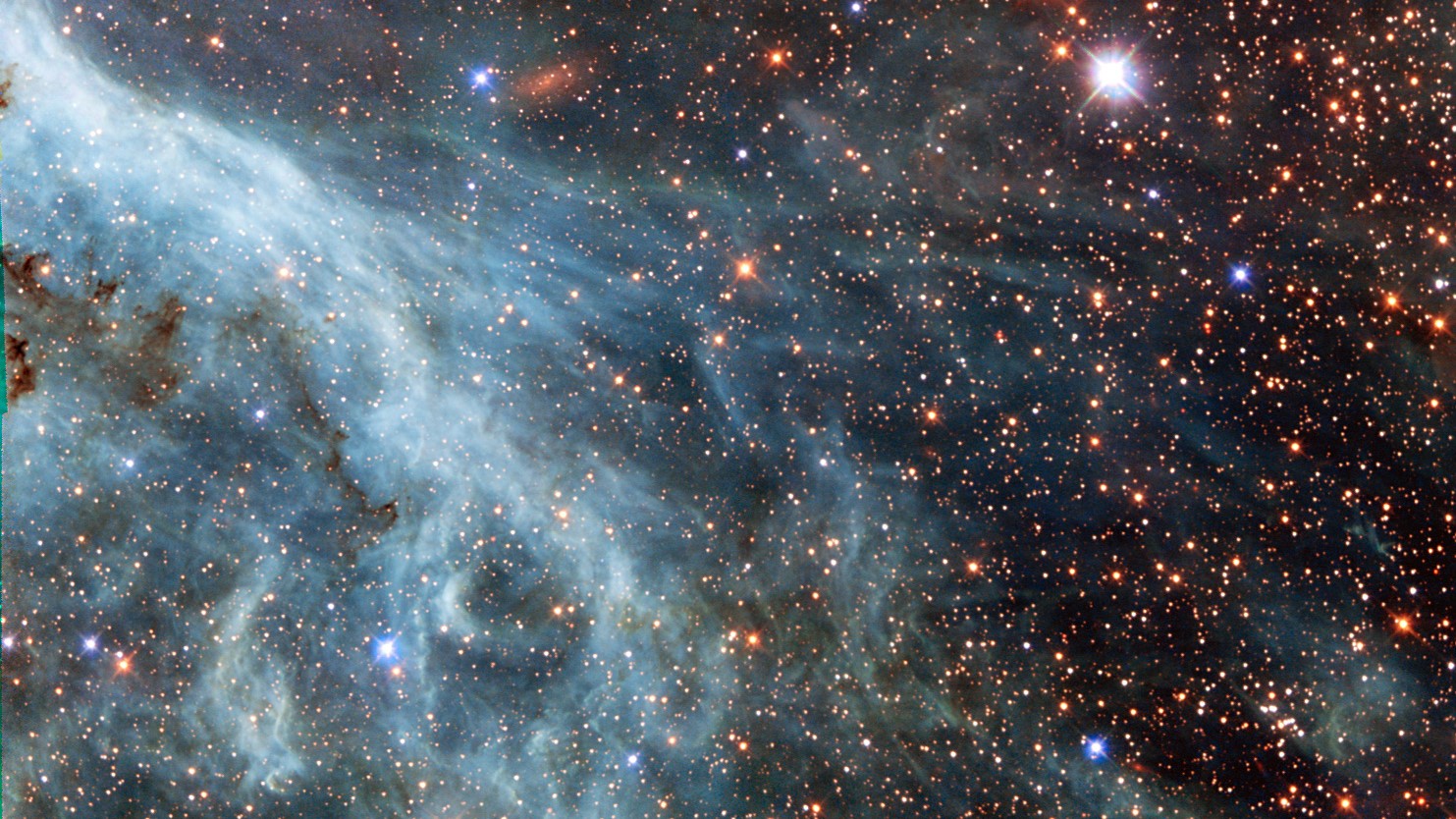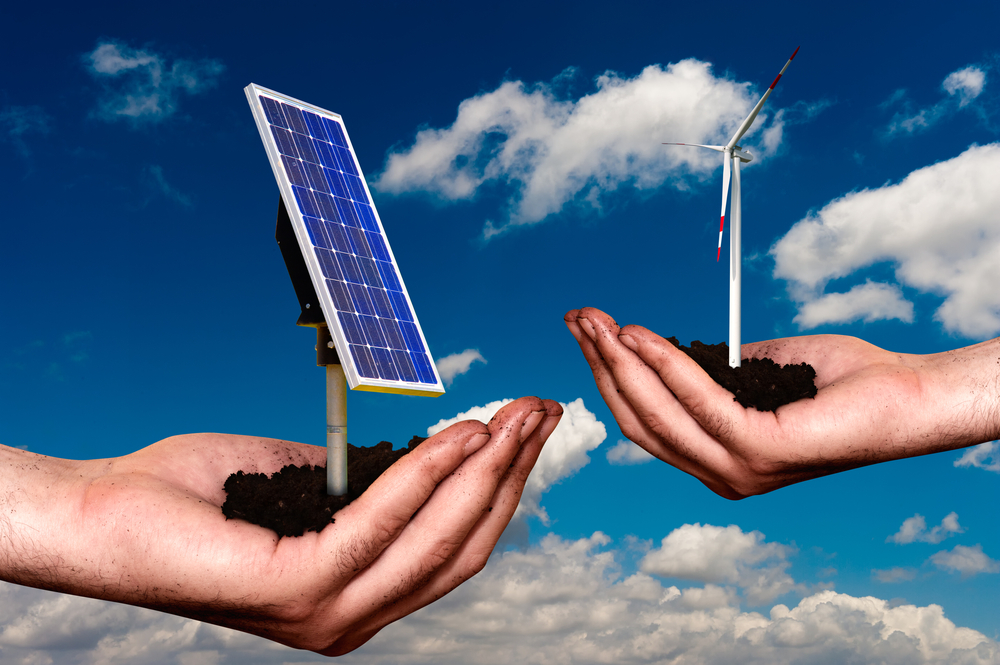
You haven’t sneezed a drop yet, despite the fact that climate change has already made allergy season longer and pollen concentrations greater.
According to climate scientists at the University of Michigan, 15 different plant pollens from throughout the United States were examined, and then computer simulations were used to determine how much worse allergy season will likely become by the year 2100. The sight of it is enough to make allergy sufferers even more irritable.
Because of global warming, allergy season will begin weeks sooner and finish several days later — and it will be worse while it lasts, with pollen counts potentially increasing by as much as threefold in certain locations, according to a new study published Tuesday in the journal Nature Communications.
Warmer temperatures help weather plants to begin flowering sooner and to continue blooming for longer periods of time. Meanwhile, increased carbon dioxide in the air due to the use of fossil fuels such as coal, gasoline, and natural gas encourages plants to produce more pollen, according to research co-author Allison Steiner, a climate scientist at the University of Michigan.
It is already taking place. According to a study conducted last year by a group of various academics, pollen levels have grown and allergy season has begun sooner than it has in the past, with most of this being attributed to climate change.
It used to be that pollen season in the United States began around St. Patrick’s Day, but now it begins around Valentine’s Day, according to allergy experts.
According to the findings of the new study, allergy season will last considerably longer and the overall amount of pollen produced would increase. The length of time and amount of pollen present varies on the type of pollen present, the location, and the amount of greenhouse gas emissions released into the atmosphere.
The pollen season would begin 20 days sooner by the end of the century if greenhouse gas emissions from coal, oil, and natural gas were reduced by a reasonable percentage. In the most extreme and increasingly implausible warming scenario, pollen season in parts of the United States will begin 40 days sooner than it has traditionally begun in recent decades, according to climate scientists.
Around 30 percent of the world’s population and 40 percent of American children suffer from pollen allergies, which have a negative impact on the economy through lost work days and medical costs, according to University of Michigan climate researcher Yingxiao Zhang, who is also the lead author of the new study.
Allergies are particularly problematic for the 25 million asthmatic Americans who live in the United States. According to Amir Sapkota, an environmental health professor at the University of Maryland who was not involved in the study, this might make the situation far worse for them.
Allergy sufferers will see a rise in numbers across the United States, but the Southeast will be the greatest afflicted, according to Steiner.
The onset of alder tree pollen season, which is a major source of concern in the Pacific Northwest, will change the most substantially. The pollen from cypress trees, which is particularly problematic in Texas, will experience one of the greatest increases.
Ragweed and grasses, which are typical sources of pollen allergies, will have longer growing seasons and greater pollen counts in the future, according to Zhang.
According to Bill Anderegg, a biologist and climate scientist at the University of Utah, the University of Michigan team’s forecasts show that pollen issues will increase by almost twice as much as they have in the past two decades.
According to Anderegg, who was not engaged in the current research, “overall, this is a really significant study.” This indicates that the historical patterns of longer and more severe pollen seasons, driven by climate change, are likely to persist, and that this will have significant health effects for Americans suffering from allergies and asthma.###










